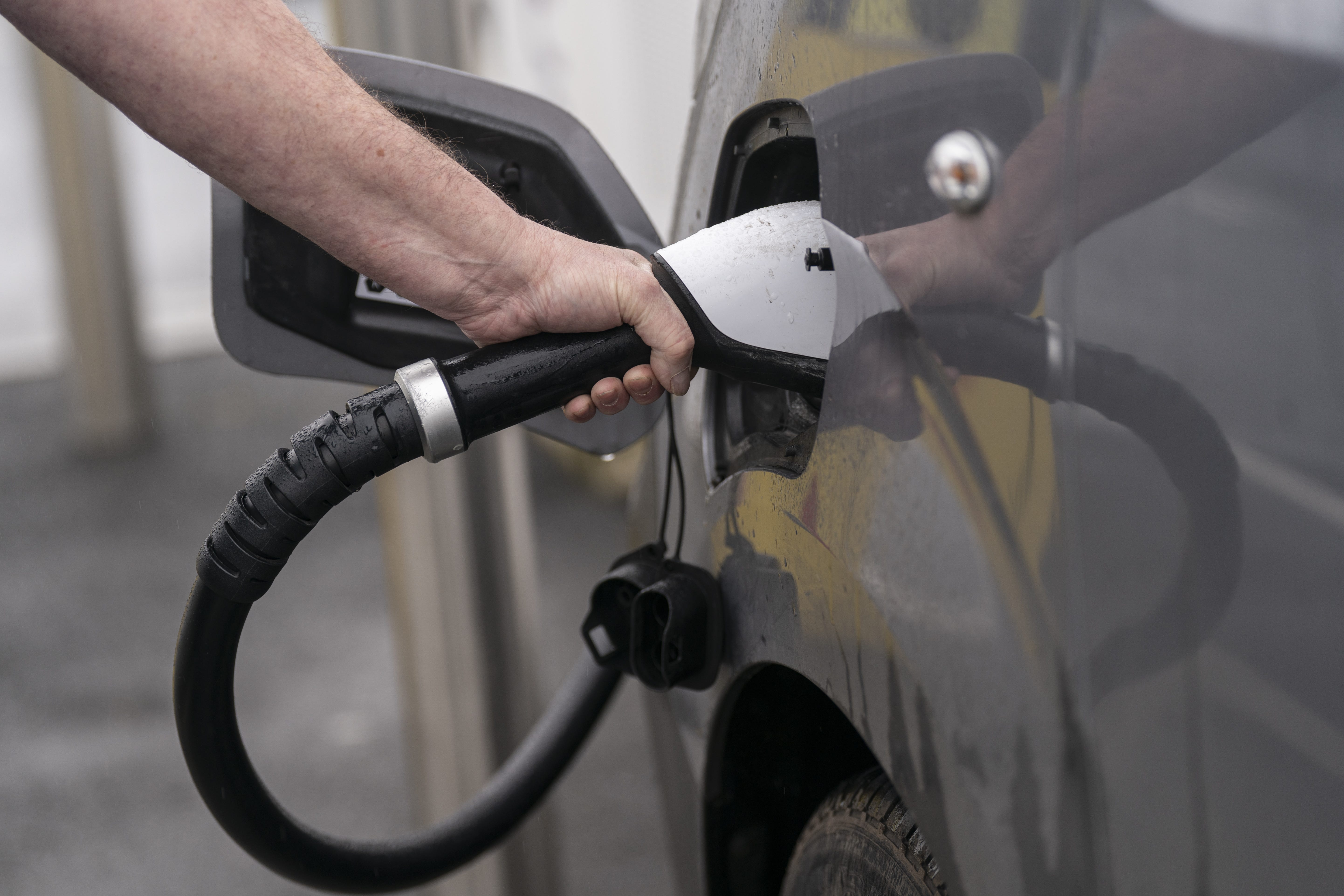Are Britain’s EV targets accelerating progress or costing jobs? Join The Independent Debate
The UK’s electric vehicle targets have sparked a heated debate over balancing green ambitions with job security and industry viability. Now it’s time to have your say

Your support helps us to tell the story
From reproductive rights to climate change to Big Tech, The Independent is on the ground when the story is developing. Whether it's investigating the financials of Elon Musk's pro-Trump PAC or producing our latest documentary, 'The A Word', which shines a light on the American women fighting for reproductive rights, we know how important it is to parse out the facts from the messaging.
At such a critical moment in US history, we need reporters on the ground. Your donation allows us to keep sending journalists to speak to both sides of the story.
The Independent is trusted by Americans across the entire political spectrum. And unlike many other quality news outlets, we choose not to lock Americans out of our reporting and analysis with paywalls. We believe quality journalism should be available to everyone, paid for by those who can afford it.
Your support makes all the difference.The debate over electric vehicle (EV) targets has reignited, with the government reviewing rules requiring 22% of vehicles sold this year to be electric, rising annually to meet a 2035 petrol and diesel ban.
Supporters argue the targets are vital for tackling climate change and positioning the UK as a leader in green technology, encouraging innovation and aligning with global efforts to transition to cleaner transport.
However, carmakers warn the targets are unrealistic without greater government support.
Stellantis, which owns Vauxhall, recently announced the closure of its Luton plant, putting 1,100 jobs at risk, partly due to EV rules. Ford has also called for government-backed incentives, saying EV demand is too low to meet mandates.
Critics say the rules risk harming Britain’s appeal as a manufacturing hub, with non-compliance with the targets carrying a fine of £15,000 per vehicle.
The issue is divisive, and there are proposals to make the rules more flexible, such as allowing carmakers to buy credits from EV leaders like Tesla. Labour has previously pledged to return to a 2030 phase-out date for petrol and diesel vehicles but says it will consult on how to enforce the targets fairly.
The question remains: are strict EV targets an essential step towards a greener future, or are they placing jobs and investment at risk?
Share your thoughts in the comments — we’ll feature the most compelling responses.
All you have to do is sign up and register your details — then you can take part in the discussion. You can also sign up by clicking ‘log in’ on the top right-hand corner of the screen.
Join our commenting forum
Join thought-provoking conversations, follow other Independent readers and see their replies
Comments